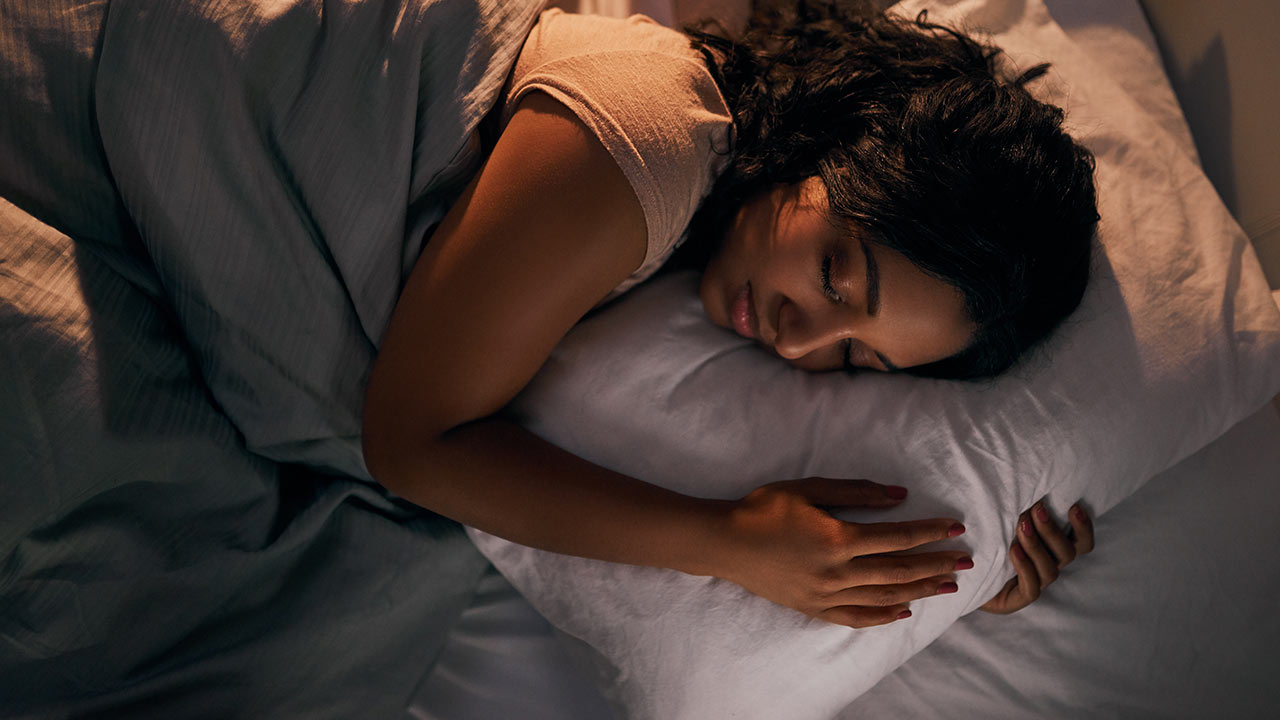
Herbs for Menopause
WRITTEN BY KIMBERLY MA AND DR. SWATHI
What is Menopause?
Menopause is an important physiological transition that women will experience as they approach their 40s and 50s. While the most common marker of menopause is the eventual complete cessation of monthly menstruation, declining hormone levels in women undergoing menopause can also cause psychological, neuromuscular, vasomotor, bone, and sleep disturbances. Symptoms most commonly present are hot flashes, excessive sweating, insomnia, irritability, depressed mood, joint or bone pain, headache, anxiety, and weight gain. However, this is not inclusive of all women. More likely than not, women undergoing menopause will experience different combinations of symptoms at varying severities and frequencies.
Herbs for Menopause
Because menopause is a completely natural process, treatments have a tendency to focus on symptomatic management. Traditional pharmacological drug therapies are in fact an option for women–specifically hormone replacement therapies–however, they often come with risks including other bothersome symptoms. In healthy women, hormone replacement therapy is controversial and may be a good fit for some while it may not be for others. Consulting with an OB/GYN will help you figure out if it’s right for you.Herbs and natural supplements are one of the most popular options for remedying menopausal symptoms. They are easily available, relatively inexpensive, and the wide variety of herbs that are on the market make it easy for women to choose treatments for their specific symptoms. Here are a few examples of popular herbs that women use today:
-
CBD is derived from the cannabis plant. Depending on the formulation, it can provide symptomatic relief in menopause. For instance, oils or tinctures can be beneficial in promoting sleep or reducing anxiety. On the other hand, topicals may provide localized benefits if joint pain or dryness is a primary concern.
-
Black Cohosh is a small flower within the buttercup family that is native to North America. It is most commonly used as a dietary supplement to aid in alleviating hot flashes and other menopausal symptoms. Although it has been primarily studied for its uses in menopause, there is continuing research on its broader therapeutic abilities.
-
Red Clover is a small flowering plant that belongs to the legume family and is rich in isoflavones. These compounds mimic the structure and function of the estrogen hormone. With the decline of estrogen production in menopausal women, red clover supplementation can help to reduce hot flashes in addition to excessive sweating and bone loss.
-
Ginseng is an Asian herb that is frequently used in traditional Chinese medicine. Besides its use in women’s health, it also has been studied for its effectiveness in preventing select cancers, improving erectile dysfunction, and preventing the common cold. It may aid in improving overall mood, management of stress, low energy levels, and immune function.
-
Passionflower can help to raise serotonin levels, an important neurotransmitter in the brain that helps signal and regulate key physiologic processes including mood, sleep, and anxiety. It works to help to alleviate many of the early menopausal symptoms like headache, insomnia, and depressed mood.
- Flaxseed, also known as linseed, contains rich sources of lignans which support important dietary needs such as fatty acids, omega-3, and fiber. Studies have demonstrated its ability to reduce the risk of cardiovascular diseases in menopausal women as well as its ability to reduce hot flashes. Flaxseed in general is a nutrient dense superfood that is considered very safe. They are a great way to boost fiber intake whether there are menopause symptoms present or not!
-
Chamomile is an herb most commonly found in teas that can help to promote better sleep. Its anti-anxiety and antidepressant effects coupled with its light and calming fragrance have made it a popular choice among many herbs.
-
Nigella is an antioxidant herbal that works to maintain balance in the immune system, hormone system, and metabolic system. Its protective effects are beneficial in preventing symptoms onset that may occur.
-
Primrose is yet another flowering plant that is native to central and eastern North America. Most commonly, primrose products are found as oils that are extracted from seeds in the flower. Studies have shown that primrose oil is most efficacious in targeting hot flashes and bone loss.
- Maca is a cruciferous plant native to the Andes mountains. Maca supplements have been used for centuries for discomfort brought on in early post menopause due to its ability to raise hormone levels. It has long been used to target vaginal dryness, loss of energy, and libido.
In general, there are many herbs and natural supplements that have shown efficacy for symptom alleviation of menopause and other various conditions. However, it's equally important to find high quality herbal products that are manufactured to meet good safety and purity standards. If you are interested in learning more about alternative treatments for menopause symptoms, it’s always important to consult your healthcare provider or an integrative medicine expert prior to trying any natural supplements. Although they are recognized to be very safe for most patients, some products can still cause mild side effects or interact with certain medications. Furthermore, talking to a provider can help to ensure you are selecting the products that will work best.
Unfortunately, many women do not tell their healthcare providers about the symptoms they experience just prior to, during, or after the menopausal transition. Being aware and proactive about the changes ahead can help you to prevent many of the naturally occurring symptoms. Besides traditional drug therapies and herbal supplements, there are also other adjunct therapies to ease changes. Mind-body exercises like meditation, yoga, or tai chi promote stress relief and relaxation to reduce many of the vasomotor or neuromuscular symptoms.
The Bottom Line
In short, there are many different treatment options for bothersome menopausal symptoms. Herbs in particular will continue to be studied for their therapeutic potential due to their relatively safe profiles and efficacy in targeting specific symptoms, not just in menopause treatments but also in a wide variety of disease states. Their accessibility coupled with their ease of use make them a great option for women who are looking for alternatives or add-ons to their current management regimen for menopause symptoms.
References
-
Ebrahimi A, Tayebi N, Fatemeh A, Akbarzadeh M. Investigation of the role of herbal medicine, acupressure, and acupuncture in the menopausal symptoms: An evidence-based systematic review study. J Family Med Prim Care. 2020;9(6):2638-2649. Published 2020 Jun 30. doi:10.4103/jfmpc.jfmpc_1094_19
-
Geller SE, Studee L. Botanical and dietary supplements for menopausal symptoms: what works, what does not. J Womens Health (Larchmt). 2005;14(7):634-649. doi:10.1089/jwh.2005.14.634
-
Lee HW, Choi J, Lee Y, Kil KJ, Lee MS. Ginseng for managing menopausal woman's health: A systematic review of double-blind, randomized, placebo-controlled trials. Medicine (Baltimore). 2016;95(38):e4914. doi:10.1097/MD.0000000000004914
-
Innes KE, Selfe TK, Vishnu A. Mind-body therapies for menopausal symptoms: a systematic review. Maturitas. 2010;66(2):135-149. doi:10.1016/j.maturitas.2010.01.016
-
Castelo-Branco C, Gambacciani M, Cano A, et al. Review & meta-analysis: isopropanolic black cohosh extract iCR for menopausal symptoms - an update on the evidence. Climacteric. 2021;24(2):109-119. doi:10.1080/13697137.2020.1820477
This article was edited by Dr. Swathi and was written by Element Apothec Scientific Communications Intern, Kimberly Ma. She is a Doctor of Pharmacy (PharmD) candidate at the University of Connecticut School of Pharmacy in Storrs, Connecticut.











